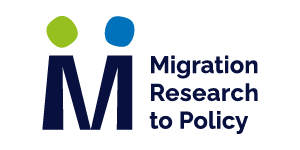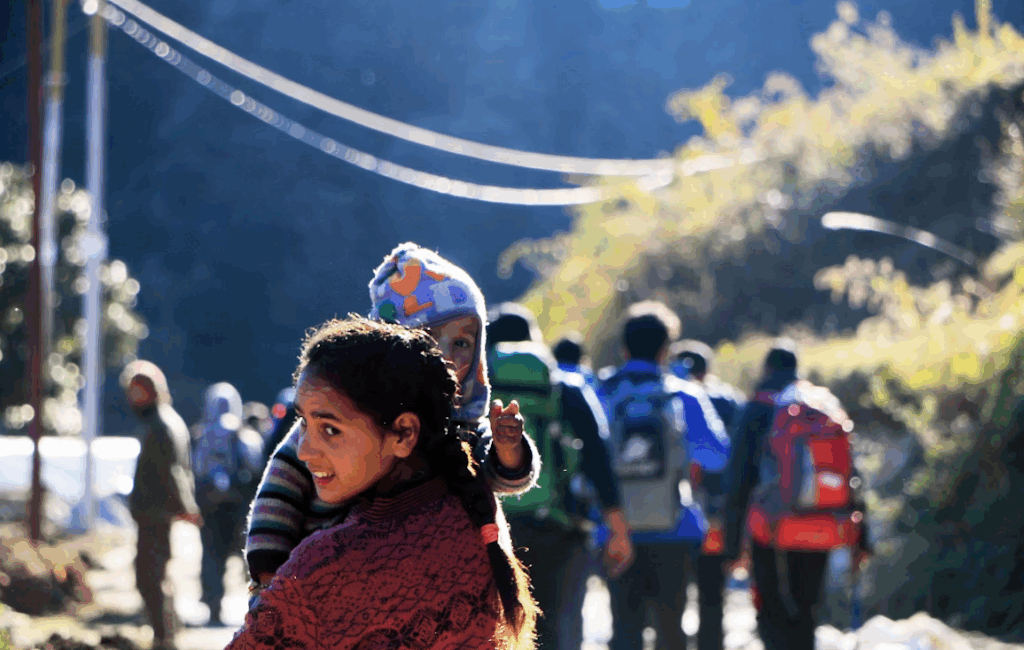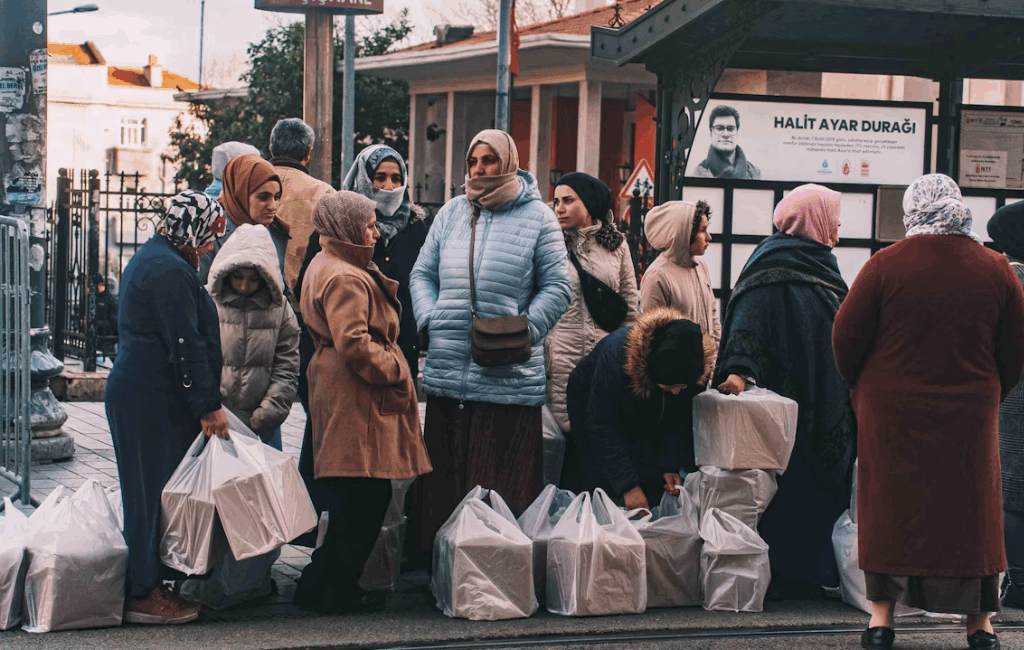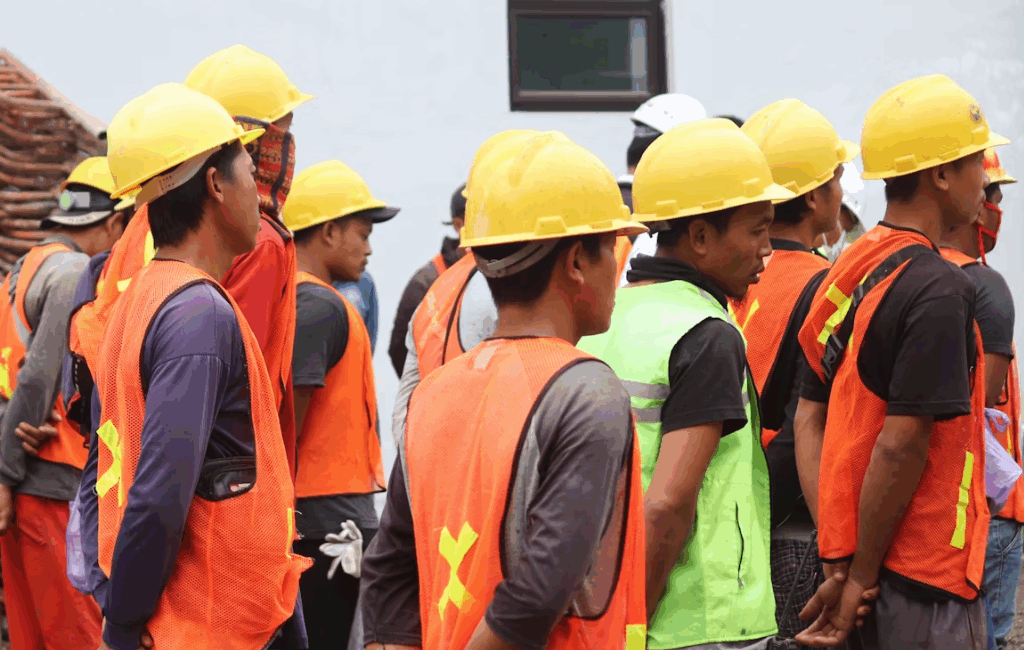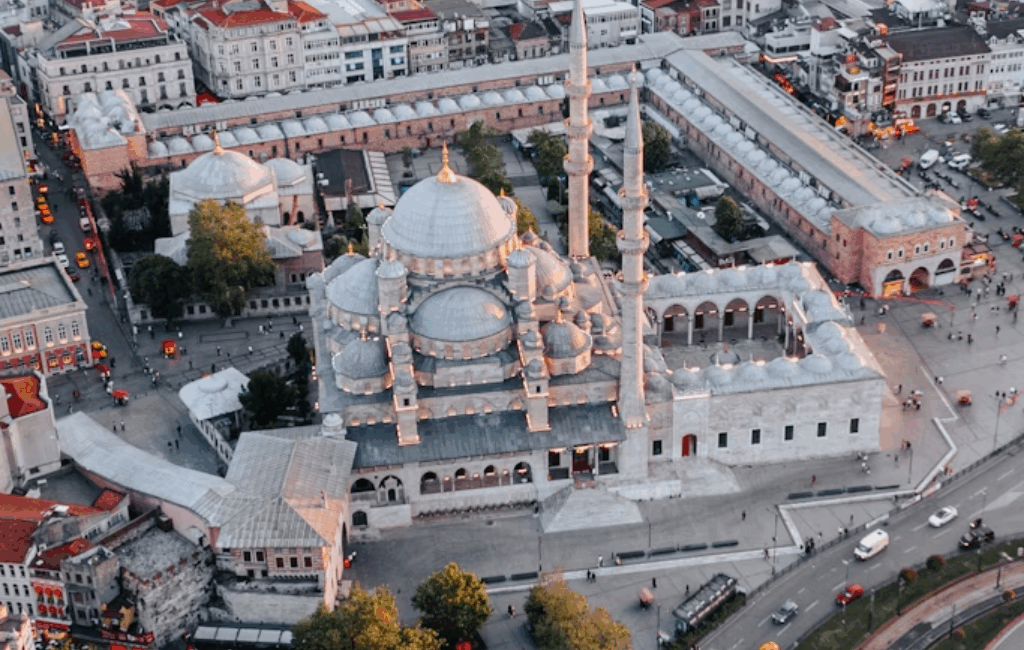
10 Ways to Improve Migration Research-Policy Engagement in Türkiye
Author
About
Meltem İneli Ciger and Özgenur Yiğit Aksu
research to policy
Türkiye has produced a wealth of migration research, especially in the wake of the Syrian refugee influx. Yet, academic insights often remain disconnected from policymaking. This short report identifies ten practical strategies to close this gap. Based on findings from three focus group discussions and expert interviews with 28 stakeholders, including policymakers, municipal authorities, researchers, and civil society actors, it offers a pathway to more inclusive, evidence-informed migration governance in Türkiye.
Our recommendations, which are also informed by the Innovate Project Migration Research to Policy Good Practices Toolkit, aim to foster regular engagement, improve knowledge dissemination, support inclusive governance, and align academic research more closely with long-term policy objectives. (Cf. also SPRING Project-The Evidence-Informed Integration Policymaking TOOLKIT). By following the outlined recommendations and strengthening this research-policy nexus, we believe Türkiye can develop more responsive and evidence-based migration policies.
1. Develop a national migration research agenda
A strategic, participatory migration research agenda would address the fragmentation and short-termism in Türkiye’s current knowledge ecosystem. Defined through inclusive workshops with public institutions, academics, NGOs, and international actors, the agenda should set research priorities for 2–5 years. By embedding this agenda into national and donor funding frameworks, Türkiye can better align research with evolving policy needs and reduce duplication of efforts.
2. Institutionalise research–policy dialogue
Sustained interaction is essential. Thematic roundtables, advisory groups, and annual policy forums can enable regular exchanges between researchers and decision-makers. These can be convened by the Presidency of Migration Management, universities, or established think tanks. Such platforms should promote two-way communication, build trust, and include diverse actors, from municipalities to migrant-led organisations. (Good Practices Toolkit, 2. Building relationships and trust).
3. Build a national database and research repository
A national database of migration experts could significantly improve the capacity of public institutions to identify and engage relevant academic and applied expertise. This publicly accessible, regularly updated resource could include researchers working across thematic areas such as asylum, temporary protection, integration, return, readmission, and labour mobility. It should reflect both disciplinary and geographic diversity, including early-career researchers and experts based outside major metropolitan centres. Managed by a neutral coordinating body, the database could support expert consultations, inform advisory board composition, and enable timely access to relevant expertise during policy development. Alongside the database, an open-access digital repository of policy-relevant migration studies could be established to centralise existing research outputs. This repository could include executive summaries, policy briefs, translated reports, and other accessible formats tailored to policymakers’ needs. Together, these tools could strengthen evidence use, promote transparency, and enhance the visibility and accessibility of migration research across institutions.
4. Foster inclusive institutional collaboration
Research-policy engagement must include displaced communities and civil society, not just academics and state actors. Mechanisms such as shared platforms, inter-institutional working groups, and co-funded projects should be formalised. Equally, civil society and migrant voices should be integrated into policymaking structures to ensure legitimacy and responsiveness. (Good Practices Toolkit, 4. Stakeholder engagement for policy change).
5. Promote a culture of evidence-based policymaking
A national commitment is needed to embed research into policymaking. Guidelines on evidence use, training programmes for public officials, and support for co-produced knowledge with researchers and NGOs can make policies more transparent, accountable, and effective.
6. Improve knowledge translation and communication tools
Bridging the gap between academic research and policymaking in Türkiye requires a deliberate focus on improving how research is translated and communicated to decision-makers. To enhance accessibility, research outputs should be consistently presented in clear, concise, and actionable formats such as executive summaries, policy briefs, infographics, and short videos or podcasts tailored to the time constraints and information needs of policymakers. These formats should distil complex findings into relevant insights, highlight key policy implications, and offer concrete recommendations. To further support systematic uptake, targeted tools such as a bilingual (Turkish-English) Migration Research Digest could be developed to summarise recent evidence and disseminate it to ministries, parliamentarians, and local authorities. In parallel, standardised policy brief templates can be integrated into legislative and municipal policy processes to ensure that relevant findings inform ongoing debates. (Cf. Good Practices Toolkit 6. Reaching policymakers: Timing, tools and channels.)
7. Support early-career researchers
Deliberate strategies are needed to engage emerging scholars. Structured internship schemes in public institutions and mentorship programmes linking early-career researchers with policymakers can support mutual learning. Including young researchers in advisory boards and consultations would also diversify voices and perspectives in policymaking.
8. Secure long-term research funding
Sustainable, policy-relevant research requires long-term funding. Multi-year grants from national bodies and donors, aligned with Türkiye’s migration policy priorities, would support in-depth, interdisciplinary research and build institutional memory. Stable funding would also enable long-term partnerships between researchers and decision-makers.
9. Train policymakers and researchers on engagement
Bridging the gap requires mutual understanding. Joint training workshops can familiarise researchers with policymaking cycles and help officials better use evidence. Practical guidance on collaboration timelines, ethical standards, and communication strategies can foster more effective and respectful engagement. (Cf. Good Practices Toolkit 6. Reaching policymakers: Timing, tools and channels.)
10. Establish transparent commissioning and evidence portals
Commissioning of migration research should follow open, impartial procedures with clear criteria and feedback mechanisms. In parallel, a central digital platform should be developed, offering curated, bilingual research content—including summaries, podcasts, and visual materials—tailored for policymakers. Removing language barriers through translation and integrating this evidence into official platforms would enhance access and usability.
Dr Meltem İneli Ciger, Associate Professor, Süleyman Demirel University
Dr Özgenur Yiğit Aksu, Research Assistant, Süleyman Demirel University
Submit your idea for a ‘short’ to be featured on the Co-Lab.
